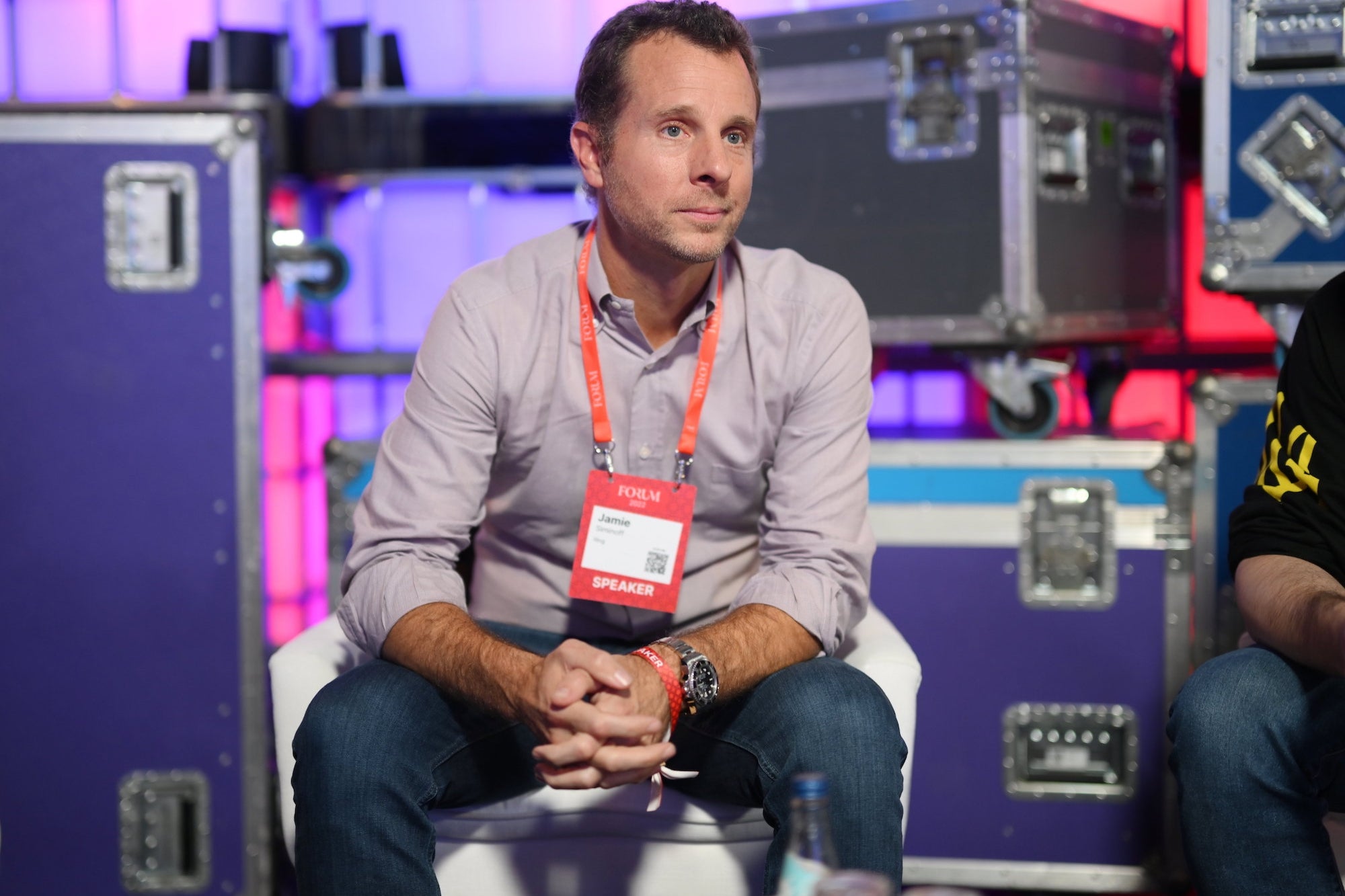3 Critical Pieces of Advice for Entrepreneurs Looking to Jumpstart Their Future Navigating the corporate world after college can come with some hard lessons. Arming yourself with these three strategies from day one can help jumpstart your career.
By Cheri Beranek Edited by Micah Zimmerman
Key Takeaways
- If you know something surprising is coming, prepare your boss with that expectation in private and allow them to support you.
- Your boss can either promote and champion you or get in your way — building that relationship from day one can help secure your long-term success at a company.
Opinions expressed by Entrepreneur contributors are their own.
Until my first job out of grad school, I assumed the phrase, "Don't bring me a problem, bring me the solution," was universally applicable in business. My professors and other role models had always championed that the more initiative I took, the better. So, when my boss tasked me to write a document and I couldn't find the answers within my sphere of influence, my first instinct was to go around my department for a solution. I went, not to someone else in my position — nor my boss — but to my boss's boss for help.
That did not go over well.
In all my years of university study, we had never covered topics like "chain of command." I thought I was doing a great job when I was learning a hard lesson. I didn't even learn it right away.
For young people today, the old notion that their choice of college, major or even fields of experience will determine their path for the rest of their life seems less true than ever. There have always been many choices in the ways we get from point A to point B and more than one path to success.
Related: Jefferies CEO Shares 15 Pieces of Advice He Wishes He Knew as a Summer Intern on Wall Street
1. Don't surprise your boss in public
Never attempt to spring a surprise — positive or negative — on your boss. Or, at least, do it first in private. By going around my superiors at my first job, I surprised them — negatively — a mistake I repeated about five years later. By then, I was a marketing manager at another company, anticipating a promotion. Again, I started to take the initiative, buying a pocket guide to get more information about operating in my new role. Instead, I was fired.
The sales vice president claimed they could not manage their budget because I was making unexpected purchases. The pocket guide was inexpensive, and there were likely other factors impacting their work, but it was at least a surprise on top of those struggles. So, they used that claim to validate why I should no longer be part of the company.
Even good surprises can be bad surprises unless we fully understand our boss's intentions. If a boss announced that a project should take 40 hours to complete and someone delivers it in 10, that may seem like a positive surprise. Announce that surprise at the next all-hands meeting, however, and it may undermine the boss's credibility and judgment. If you know something surprising is coming, prepare your boss with that expectation in private and allow them to support you.
Related: 11 Successful Entrepreneurs Reveal What They Learned From Their First Jobs
2. The best job skills are learned on the job
When my kids graduated high school, I told them college would teach them how to think, but not necessarily what to think. One of my sons learned this lesson after completing his undergraduate degree in chemistry. After five years, he was done with school and unable to commit to another five years away from his family to pursue an advanced degree.
So, he took a different route and was unhappy for the first couple of years. Unable to find a real job doing chemistry work in a lab, he took contract and temp jobs, got paid little, was given excessive and unsatisfying work, and was largely taken advantage of.
So, I challenged him: "For the next job you take, consider looking outside of chemistry."
He took my advice and redirected his career, staying in the lab but moving to quality control. College taught my son the industry language, but only after earning a pittance and learning the hard knocks of bad managers and poor communication did he develop a passion for a career. Now, he's a well-paid, well-respected quality engineer in a heavily chemistry-centric environment, but not necessarily a traditional chemistry lab.
College teaches us how to learn and process data, but we only learn what we love to do through trying, failing and exploring new experiences. When one path doesn't work out, keep an open mind. By exploring adjacent opportunities, we may find new positions more compatible with our skills and passions.
Related: Mark Cuban Says "Follow Your Passion" Is the Worst Career Advice You Can Get. Here's Why.
3. Remember who's writing the check
That first year out of college can be challenging, both for first-time employees and their employers. In my experience as the leader of a small company, it can be difficult to hire those young professionals right out of the gate: They have yet to learn so many lessons — particularly who is writing their checks.
When we attend college, we write the checks and, as a result, are generally in charge of our college experience. Of course, our professors and deans make certain rules, but we can break them — show up ten minutes late, skip class on Monday or not complete an assignment — and accept the consequences of a slightly lower grade. Short of severe misbehavior, we pretty much call the shots.
That changes the day we collect a paycheck from someone else. Instead of asking, "What will you do for me?" we now have to ask ourselves, "What can I contribute to ensure my employer gets a positive return on their investment?" This is not to say anyone needs to work 60 hours a week and lose their work-life balance, but it does mean that how we view ourselves as students is not the right lens for us to view ourselves as professionals. Starting from the perspective of how to bring in a return on that paycheck from day one will help jumpstart your career.
Work, like college, can be fun in the right environment and with a good leader — like a good professor — who challenges you and gives you clear and transparent directions. This relationship will be critical. Your boss can either promote and champion you or get in your way — building that relationship from day one can help secure your long-term success at a company. Aim to get at least an hour of visibility weekly and create and set mutual expectations. With initiative and the right approach, even right out of college, most of our success is within our grasp.











